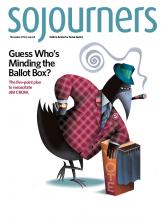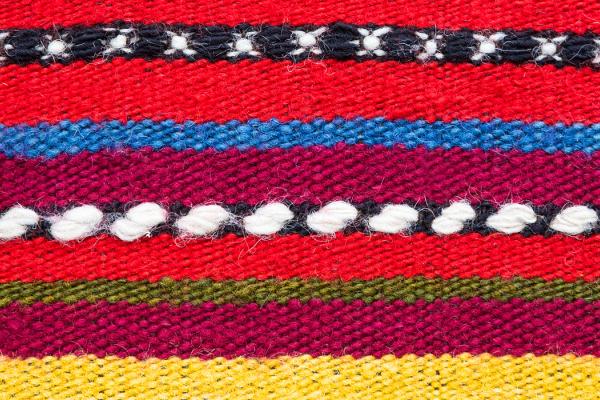THE CIVIL RIGHTS movement. #BlackLivesMatter. Racial reconciliation. It would be easy for me to imagine the words of Eliza in the musical “Hamilton” and sing, “I’m erasing myself from the narrative.”
At first glance, those statements, movements, and conversations might be mistakenly boiled down to division and brokenness between two Americas—one black, one white.
But I’m neither. I’m “yellow.”
I didn’t choose to erase myself in history, but it’s what I learned. Asian Americans weren’t erased from American history as much as we just didn’t exist in the Plymouth Rock story of East Coast immigration, with its emphasis on Europe’s poor and hungry “huddled masses.” We learned that “assimilation” was as much about becoming “white” as it was about becoming “American.” We learned that the civil rights movement was a fight for equal rights for black Americans, with little connection to “others” like myself. There was no category for someone who looked like me unless it was Oriental, chink, or gook—racial slurs I first heard as a child on suburban playgrounds (and still hear as an adult), slurs tied to a history and wars I knew very little about. In America, race is a social construct divided most simply between black and white.
I also learned that the best I could hope for was to become a model minority, an “honorary white” who would never be considered a “real” American.
So I just didn’t become one. In an act of rebellion, I chose not to become a naturalized U.S. citizen until a few years ago. In the process I learned what it means to opt into a binary conversation with a different, clear, defined perspective. I needed to learn who I was, created as a Korean-American woman carrying God’s image. I needed to learn that Jesus, Mary, Martha, and Esther weren’t blue-eyed or blonde.
Read the Full Article

